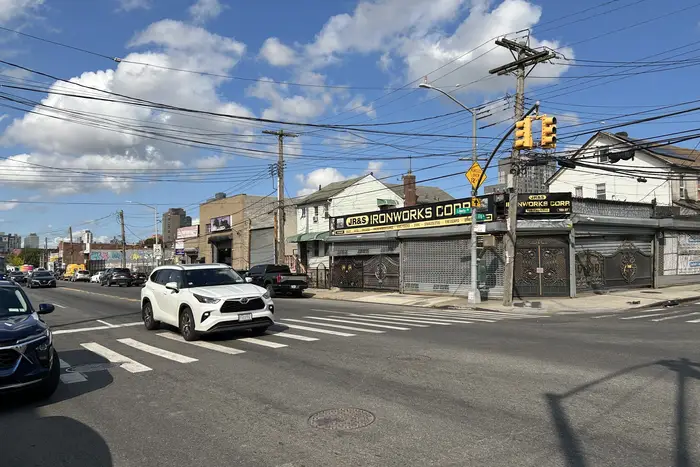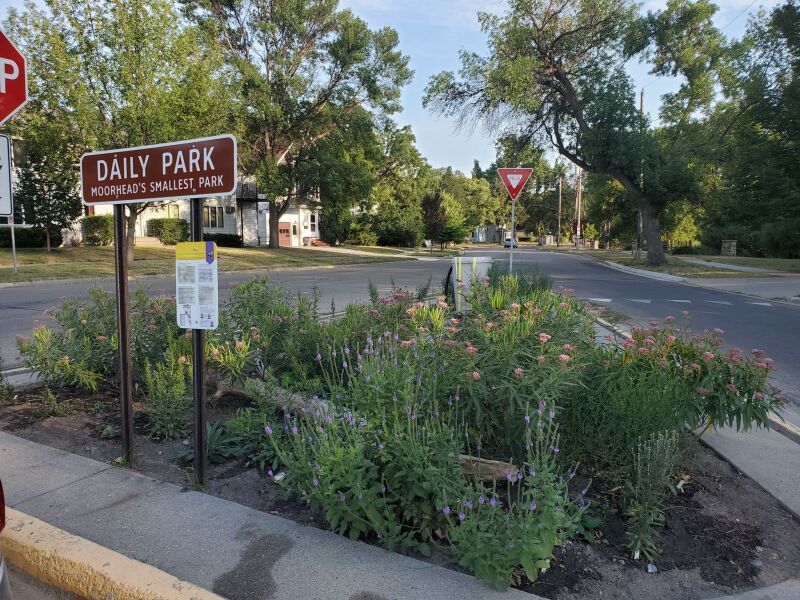UPDATE: The City Council has just approved a massive rezoning initiative for Jamaica, Queens, which is set to reshape a significant 230-block area and bring thousands of new homes and jobs to the community. The Council’s unanimous 47-0 vote on Wednesday marks the largest rezoning in New York City in over two decades, according to officials from Mayor Eric Adams‘ office.
This transformative plan is expected to generate 12,000 new homes, including 4,000 affordable units, alongside 2 million square feet of new commercial space. The city estimates that these changes could create more than 7,000 jobs and lead to significant upgrades in local infrastructure, including parks, playgrounds, and sewer improvements.
“This is a pivotal moment for Jamaica,” stated Councilmember Nantasha Williams, who represents the area. She emphasized that the rezoning is not just about construction but is a vital reinvestment in the community, stating, “We are building a Jamaica that is walkable, vibrant, and thriving. A hub where people can live, work, and play, not just pass through.”
Despite the overwhelming support from the Council, local opposition has been significant. Earlier this year, both Queens’ Community Board 8 and Community Board 12 rejected the neighborhood plan in advisory votes, citing concerns over potential overcrowding in transit systems and fears that rising rents may displace long-time residents and small businesses.
City planning officials counter these worries, asserting that the rezoning will enhance the density of mixed-use developments in the downtown area. Mayor Adams praised the decision, stating, “From bustling storefronts to busy train lines, Jamaica is exactly where our city should be building new housing and creating new jobs. For too long, the neighborhood’s outdated zoning code has made it harder to do both; but today, we changed that.”
In a recent interview, Dan Garodnick, the director of the Department of City Planning, highlighted the potential of Jamaica’s proximity to JFK Airport as a key factor in the plan. He noted, “Jamaica has long been one of the most bustling commercial and transit hubs in the city, but unfortunately, outdated zoning and a lack of housing and investment have really held this neighborhood back. Today, we start the process of changing all of that.”
As the city embarks on this ambitious transformation, the focus now shifts to how these developments will unfold and the tangible impact on local residents. The timeline for implementing these changes remains unclear, but the urgency for revitalizing Jamaica has never been more apparent. This sweeping rezoning initiative is a bold step toward addressing housing shortages and creating a more sustainable future for the community.
Stay tuned for updates as this story develops and as more details about the implementation of these changes emerge.







